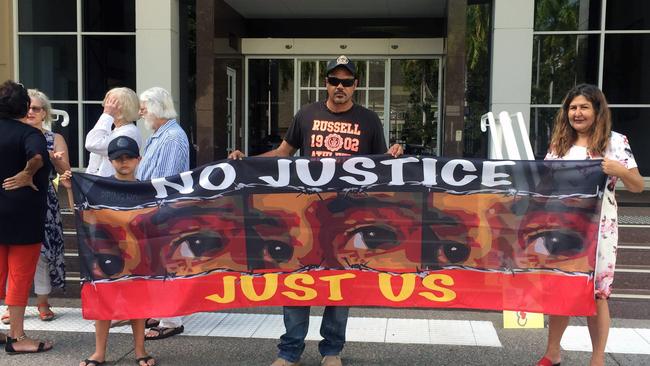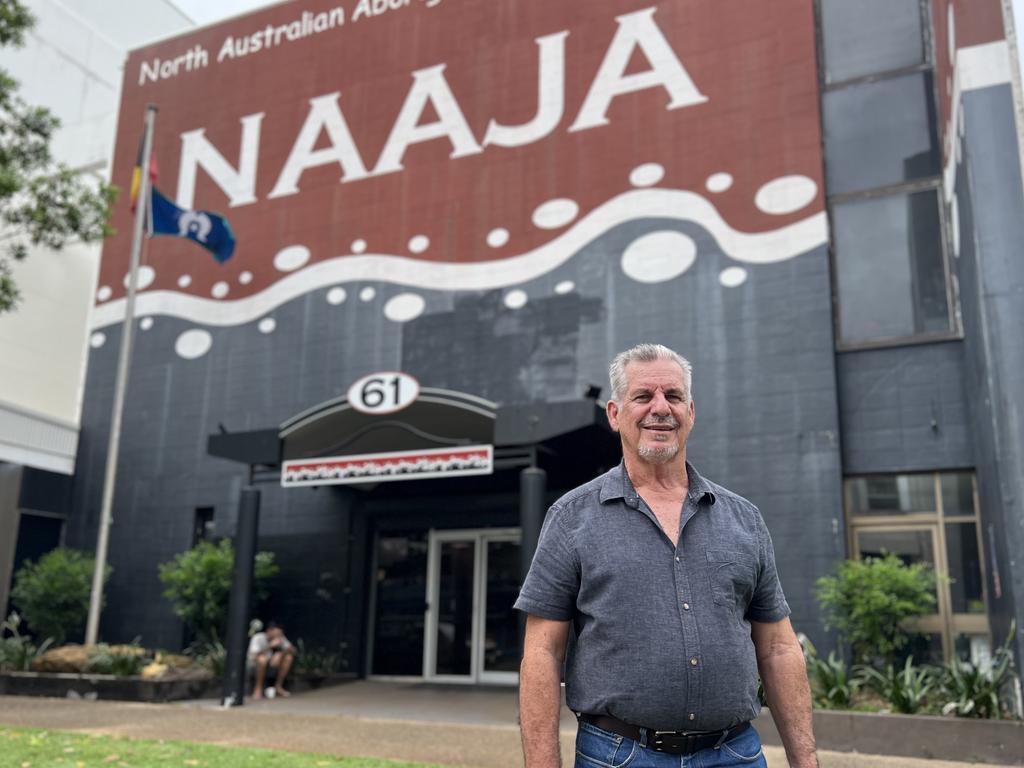Indigenous justice at the mercy of a collapsing system

Currently, 1 per cent of its population are behind bars. What’s more, its two prisons are chronically and dangerously overcrowded. More than 40 per cent of that 1 per cent are languishing on remand (ie, not, as yet, found guilty or sentenced to anything). But their real shame is that over 85 per cent of those adult prisoners and 100 per cent of the child prisoners are Indigenous. This is real truth-telling – if anyone is interested?
The historical, economic, political and social disadvantages Indigenous people labour under mean they present with, by far, the highest criminogenic risk factors. The cycle of offending, punitive law and incarceration has escalated over the past 20 years and the numbers now have the NT legal system on the verge of collapse.
This means the Indigenous men, women and children sucked into this powerful vortex need strong and effective representation. If not, they end up incarcerated when they shouldn’t be or incarcerated for longer than they should be.

Amid this situation the North Australian Aboriginal Justice Agency presents as the most important legal practice in the NT. It is also the largest, as it covers the entire Territory and employs approximately 170 people. Its responsibilities are immense. It requires a high level of professionalism in management and the law.
The NAAJA is now no longer a functioning legal practice. It appears to be effectively finished. Its recent failed attempts with several replacement chief executives merely reveal that the ship is sinking. It cannot take on clients in its Alice Springs region and the ever-increasing number of clients elsewhere are forever complaining about never seeing their lawyers. The court lists are banking up dangerously due to the delays caused by the NAAJA.
This collapse has not occurred overnight. For just over 10 years now I have witnessed close up the evident decline in the standards. I have seen no accountability of the people running the NAAJA, because there is none. I have watched this with concern, dismay, incredulity and anger. The NAAJA board over that period, along with its senior employees, are the reason for its deterioration and potential demise. They should now resign. The hardworking administrative, field section and legal staff have battled manfully throughout and no responsibility lies there. They need to remain.

The priorities of management and the NAAJA board were evidenced in a lamentable way by the recent Federal Court case heard here in Darwin in October. This case gave the entire Australian community a window into the character and calibre of those board members and the organisation’s management. The dismissed chief executive, Priscilla Atkins, was suing the NAAJA board for wrongful dismissal.
The whole case involved allegations and counter allegations of fraud, forgery, credit card deceptions, car leases (including Range Rovers) and more. While board members and Atkins sat in court behind their legal teams looking concerned, their clients were languishing on remand in overcrowded prisons.
All that counts are the clients; namely, the Indigenous children and adults pummelled and lost in a legal system in which they need protection and representation. The ship NAAJA must continue but the entire bridge must be hosed out like the Augean stables they have become. Solid replacements are required immediately. Let’s make this happen.
John B. Lawrence SC is a Darwin barrister. He was a Crown prosecutor in Darwin and later solicitor in charge of the Northern Australian Aboriginal Legal Aid Service. He is a past president of the Northern Bar Association and of the Criminal Lawyers Association of the Northern Territory.







The Northern Territory has the most punitive legal system in Australia. Not only are the NT’s imprisonment levels 4 to 5 times higher than the rest of the country, it actually has the highest imprisonment level on the planet.